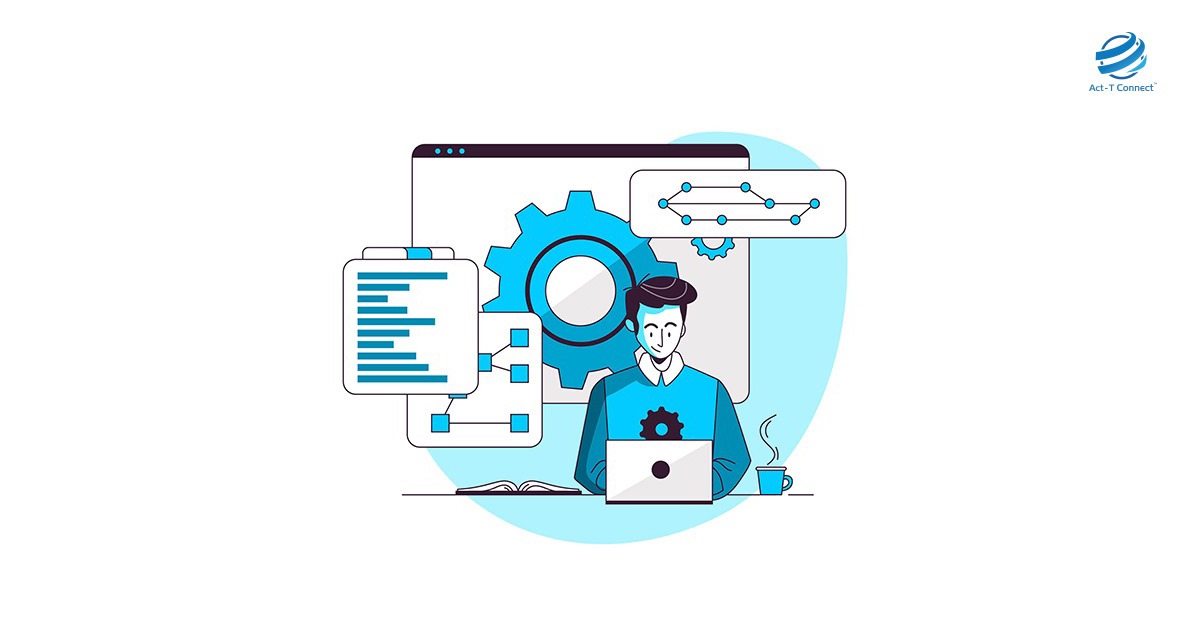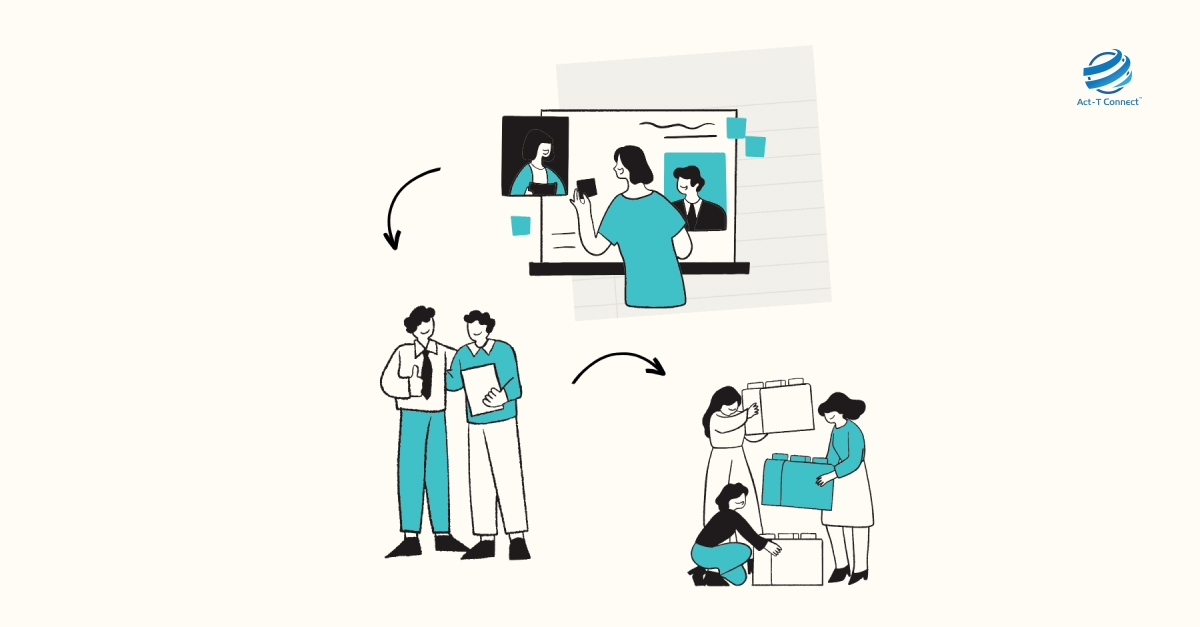
In the dynamic world of software development, where precision and innovation are paramount, developers often encounter challenges that can lead to errors and setbacks. Recognizing and learning from common mistakes is a crucial part of a developer's journey towards mastery. Here are five common mistakes developers make and actionable strategies to avoid them:
1. Underestimating the Power of Planning: Ever dive headfirst into a new project without a proper roadmap? It's tempting, but a lack of planning can lead to inefficient coding, missed deadlines, and a lot of wasted time. Before setting off, invest time in creating a project plan:
- Break
down the project into manageable tasks.
- Estimate
timeframes for each task.
- Identify
potential dependencies and dependencies.
- Outline clear milestones and deliverables.
Having
a roadmap keeps you focused, prevents scope creep, and ensures everyone on the
team is on the same page.
2. Shunning the Documentation Dragon: Yes, writing documentation can feel like staring at a blank wall for eternity. But neglecting it is a recipe for disaster. Clear and concise documentation serves as a safety net, saving you from future confusion and helping others understand your code:
- Comment
your code as you write it.
- Document
functionalities and key decisions.
- Create
detailed user guides and API references.
- Maintain
version control documentation.
Remember, good documentation is code you don't have to write twice (and saves your future self-countless headaches).
3. The Solo Coding Cowboy Myth: Working in a silo might feel productive, but collaboration is a developer's secret weapon. Don't be afraid to:
- Seek
feedback from colleagues and mentors.
- Pair
program with other developers to tackle complex problems.
- Actively
participate in code reviews and discussions.
- Share
knowledge and learn from others.
Collaboration fosters diversity of thought, helps identify blind spots, and leads to better-quality code. Embrace the team spirit and watch your skills soar.
4. Ignoring the Testing Terrain: Pushing untested code to production is like playing Russian roulette with your reputation. Thorough testing is crucial for ensuring reliability, stability, and a bug-free user experience:
- Write
unit tests as you develop code.
- Utilize
automated testing tools and frameworks.
- Test
across different platforms and devices.
- Seek
feedback from beta testers and early adopters.
Remember, an ounce of prevention is worth a pound of bug fixing, so make testing a core part of your development process.
5. The Code-and-Sleep Cycle Trap: Working long hours fueled by coffee and adrenaline might seem impressive, but it's unsustainable and ultimately counterproductive. Neglecting sleep and well-being leads to burnout, reduced cognitive function, and compromised work quality:
- Set
clear working hours and stick to them.
- Take
regular breaks and disconnect from technology.
- Prioritize
sleep and a healthy lifestyle.
- Make
time for hobbies and activities you enjoy.
A well-rested and balanced developer is a productive and creative developer. Remember, taking care of yourself is not a luxury, it's an investment in your long-term success.
As developers navigate the intricacies of coding and project development, avoiding common mistakes is key to delivering high-quality software. Embracing a proactive approach to planning, collaboration, testing, scalability, and continuous learning empowers developers to not only prevent errors but also contribute to the growth and success of their projects and teams. By learning from mistakes, developers pave the way for a resilient and innovative coding journey.



